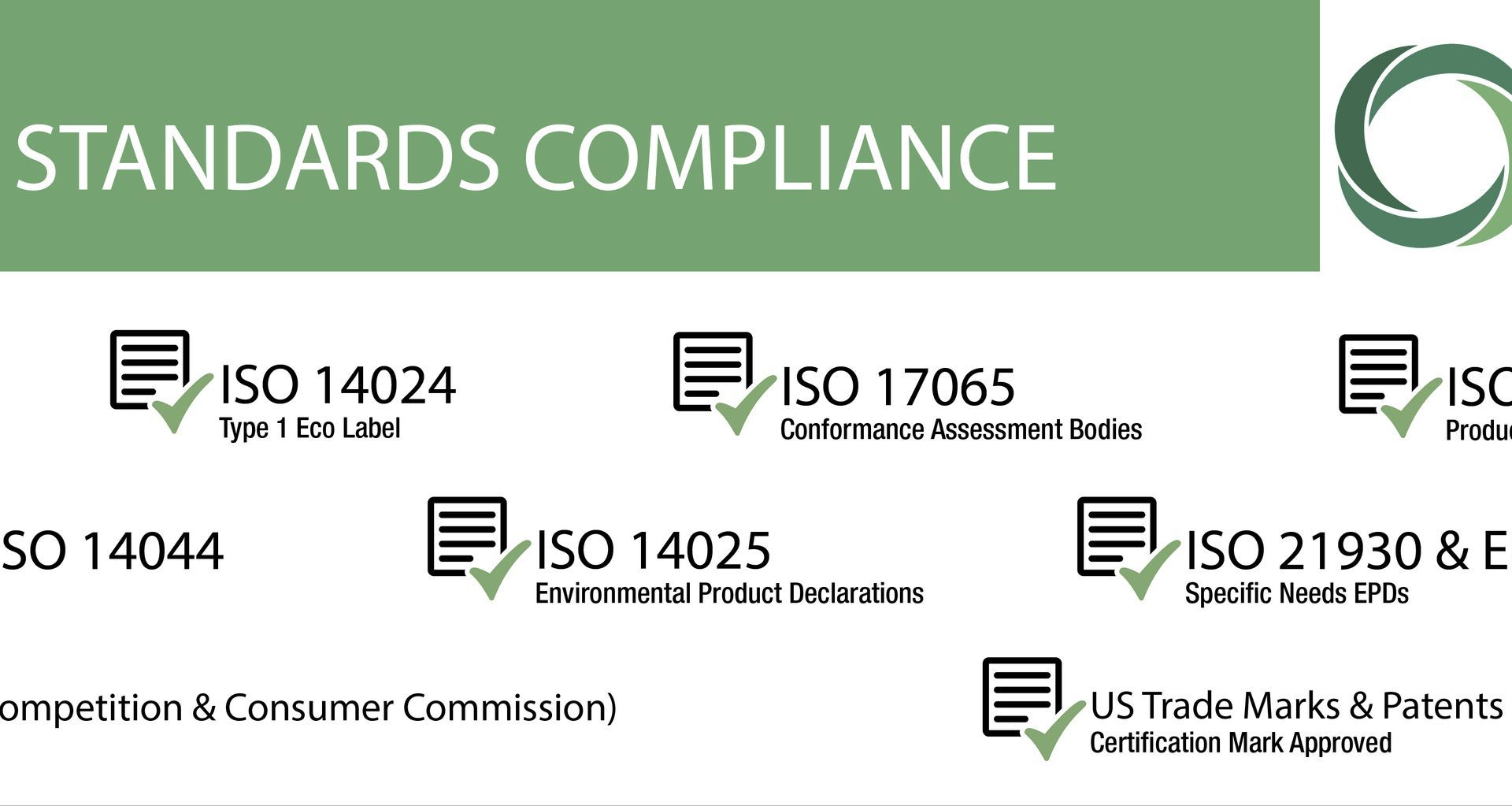False Product Claims Abound

GreenTag has recently uncovered a raft of false product claims amongst Applicants for certification. That said, all but one have acted quickly to rectify what could be characterised as ‘unintentional marketing overreach’.
In one instance though, GreenTag has had to actively withdraw certification from one existing certified product where the client refused to provide evidence to back up an ‘Ecolabel Certificate’ from a Hong Kong based organisation where a claim was made that the product was certified to ISO 14025 and this certificate had been added to their website during the period of GreenTag Certification. The existence of this suspect certificate was found by a GreenTag Product Assessor undertaking regular surveillance auditing.
For those familiar with life cycle analysis (LCA) and Environmental Product Declaration (EPD) terminology, you would immediately be suspect of this terminology and reference. The reason is as follows: ISO 10425 is a standard that requires a specific type of life cycle data to be presented in report form and any single page certificate claiming certification to this standard would have to be backed up by such a report.
We strongly believed that the certificate was bogus. It didn’t lend much credence to the certificate when the name of the standard on the certificate did not match the actual name of the standard and it was spelt out twice, each differently on the one certificate.
Given our suspicions we requested proof of the validity of the certificate and instead of doing so, the manufacturer refused to provide the evidence they said existed, instead getting their lawyers involved.
GreenTag’s Terms and Conditions require all applicants for certification to provide such evidence or risk not being certified or having their certification revoked if they do not comply with the agreement to provide evidence of claims. They also require Applicants to indemnify GreenTag against any costs in defending any actions by Applicants in this sort of instance.
Interestingly, we have since had email enquiry from at least one sustainability consultant asking if the certificate was valid because the professional didn’t believe it was..so its folly for the manufacturer to think that the market doesn’t know any better, they have already damaged their own reputation and don’t even realise it!
The lesson should have been an easy one, we provided some feedback to the manufacturer that would have helped save their brand reputation if they acted quickly to either withdraw the certificate or provide the required evidence, instead they are digging a deeper hole that could get expensive for their- both in dollar and brand value terms
Should the ACCC become aware of what appears to be deliberate behaviour they could end up with the same sort of action against them that the ACCC has just launched against ‘flushable wipes’ manufacturers (see link below).
Even though most manufacturers are genuine in their intentions when they make such claims, it remains that even these may be in breach of the Australian Consumer Law. Intentionally false claims are definitely actionable and indeed as I understand it, Directors can be held personally liable for such claims.
http://www.greencareer.net.au/news/-flushable-claims-face-court?nl=301
